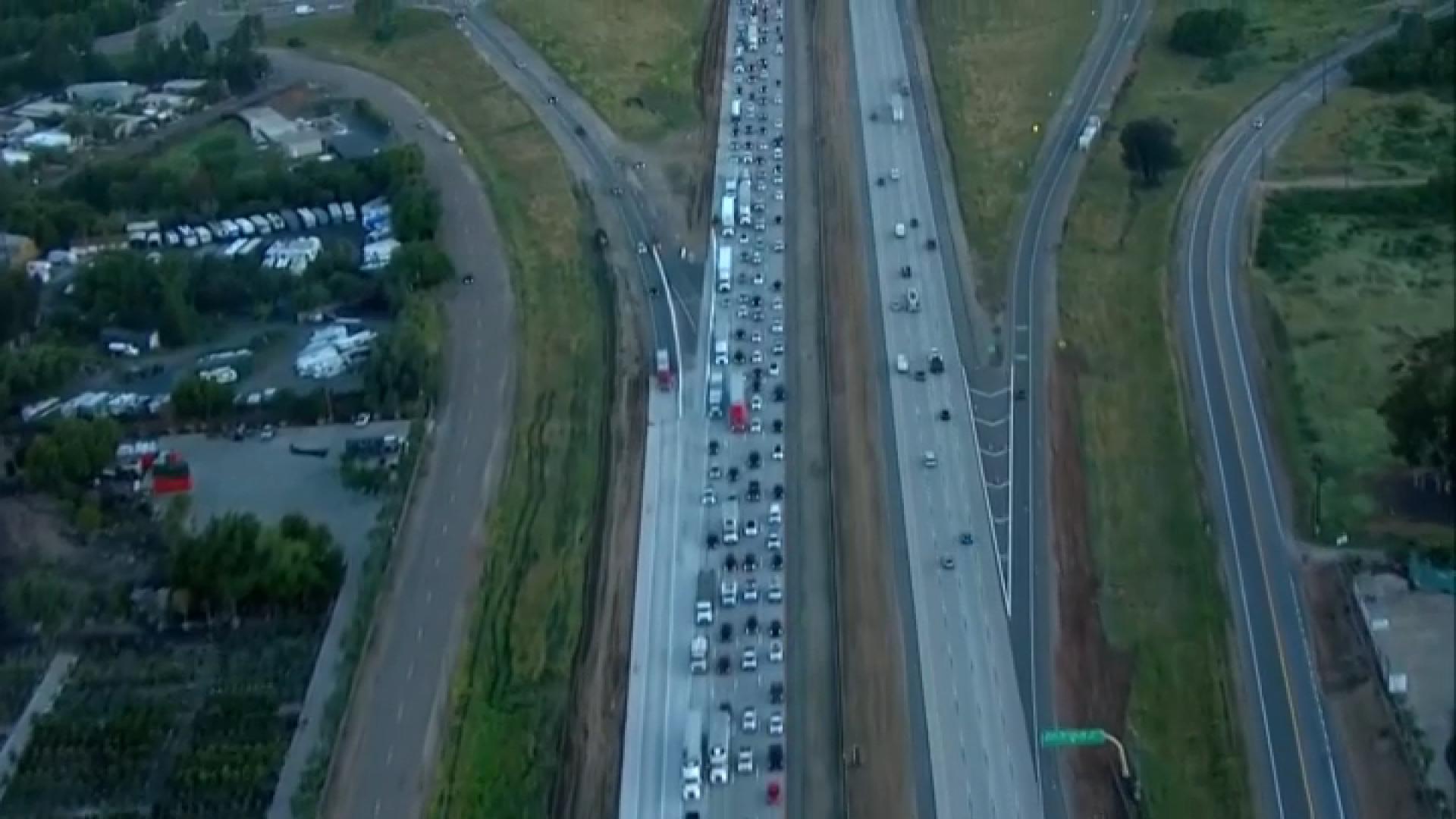A federal judge has ruled that two San Diego police detectives did not have probable cause to arrest and imprison two men for promoting and benefiting a San Diego street gang.
Aaron Harvey and local hip-hop performer Brandon Duncan, also known as Tiny Doo, were among 15 people arrested over the span of two months in 2014 for conspiracy to participate in a violent Southeastern San Diego street gang.
Harvey and Duncan spent more than seven months in jail before a state judge dismissed the felony case against them.
The San Diego County District Attorney and the San Diego Police Department arrested the 15 suspects under a controversial state law passed in 2000 which makes it a felony to promote, assist, or benefit criminal gang activity. Even though they were not accused of murder or any violent acts, the defendants faced life in prison for their alleged participation in nine gang-related killings.
But on Monday, U.S. District Judge Barry Ted Moskowitz found there was insufficient evidence to show that Harvey and Duncan had actively participated in the Lincoln Park Bloods.
In their first interview since the Aug. 5 ruling, Duncan and Harvey sat down with NBC 7 Investigates to reflect on their arrest, the time they spent in jail, and the lessons they hope law enforcement will learn from the judge’s strongly-worded legal opinion.
"I watched my people stand up for us every day and fight like there was no tomorrow," Duncan told NBC 7 Investigates. "They wanted to make sure we came home, and made it back to our families, and that we were safe."
Local
Harvey, now a senior studying Politcal Science at the University of California Berkeley, said his arrest came as a total surprise.
"My first thought was, number one, 'This is absolutely crazy.' How is it that a person could be arrested, threatened with life in prison and (held on) $1.1 million bail while at the same time knowing that the District Attorney knew we did not participate in any of those crimes?"
"The way I read the law, that’s not the way things should be handled," Harvey added.
In the fall of 2013, according to Moskowitz’s ruling, San Diego’s District Attorney’s Office worked with San Diego Police Deparment’s gang unit to compile a "target list" of active Lincoln Park Blood gang members. Duncan and Harvey were included in that list.
In Duncan’s case, detectives found Facebook posts on his page that advocated for the release of Lincoln Park gang members as well as his performances in a hip-hop group alongside known gang members.
As for Harvey, detectives discovered he was Facebook friends with suspected gang members and had photos on his profile page in which others were flashing gang signs.
Officers arrived at Duncan’s home in San Diego with guns drawn in the early morning of June 19, 2014.
"Officers told me after they arrested me that they knew I didn’t have anything to do with the shootings, but 'because of the things you rap about,' that I was going to be charged with nine murders," said Duncan. "I remember telling them no way would they be charging me for nine murders because of something that I talk about in my songs."
Harvey says he was equally surprised when a team of "15 to 20 law enforcement officers accompanied by several unmarked cars and a helicopter" showed up at his home and arrested him.
"I thought I was going to die. We’ve seen over and over again unarmed black men killed on body cams, so what would make me any different?" said Harvey.
Following their arrests, both men remained in San Diego County jail awaiting trial on multiple counts of "the crime of Criminal Street Gang Conspiracy."
In 2015 a state judge dismissed the charges against Duncan and Harvey.
Harvey and Duncan say they continue to relive the horrors of their time behind bars.
"It’s kinda like I had to trick my brain into being okay with the chance that I could die in jail over something that they're (now) saying I had nothing to do with."
In 2017 Duncan and Harvey sued the city, as well as Detectives Rudy Castro and Scott Henderson, for violating their First and Fourth Amendment rights.
While Moskowitz found there was no probable cause to arrest Harvey and Duncan, the judge dismissed the allegation that officers violated Harvey and Duncan’s First Amendment rights.
He also ruled that a jury will decide whether detectives intentionally misled a judge in applying for the warrants. A jury will also decide whether the detectives should be held responsible for punitive damages.
Mark Zebrowski, Harvey and Duncan’s attorney, says the case has wide-ranging impacts.
"It's important that the police officers tell him the truth, and the whole truth," said Zebrowski. "Otherwise, we're going to have people in jail who don't belong in jail, which is what happened here."



